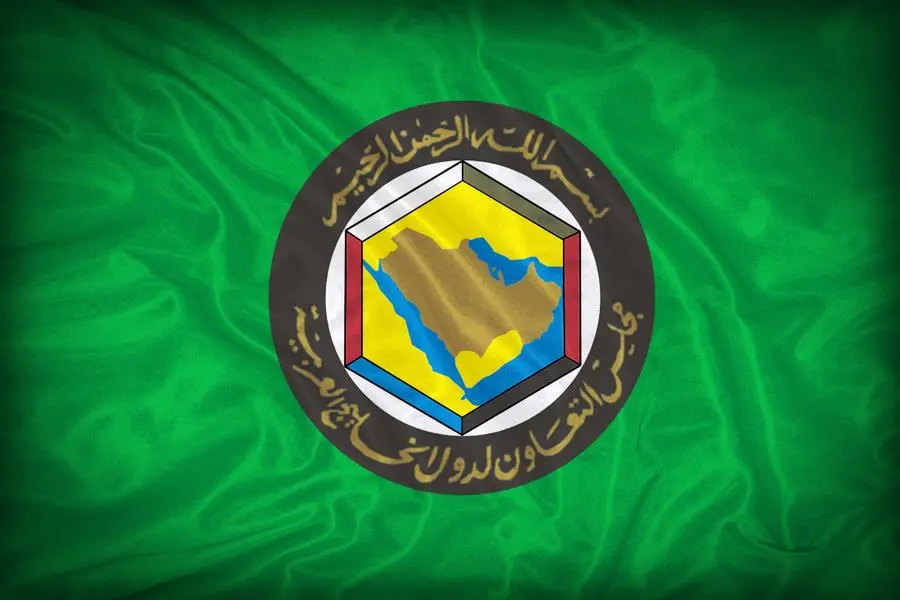PHOTO
Riyadh: The Gulf Cooperation Council (GCC), in collaboration with the European Union, formally launched a regional platform on Monday designed to detect and respond to radiological and nuclear threats at an early stage.
The Radiological Data Exchange Platform (RDEP) was unveiled at a high-level meeting at the GCC General Secretariat headquarters in Riyadh, attended by Jasem Mohamed al Budaiwi, Secretary General of the GCC, and Christophe Farnaud, Ambassador of the European Union to Saudi Arabia, Bahrain and Oman.
In his address, Budaiwi described the project as a major step towards strengthening the region’s capacity to address nuclear and radiological emergencies.
“We are reaping the fruits of continuous and unique work through the RDEP project, which aims to mitigate the impacts of radiological and nuclear disasters in the GCC region,” he said.
The Secretary General explained that RDEP facilitates the exchange of radiological data from monitoring devices in the GCC countries and the European Union’s Joint Research Centre. This allows for real-time monitoring of incidents, advanced simulation analysis and the timely provision of technical recommendations to decision-makers.
According to Budaiwi, the initiative is part of a broader regional strategy directed by GCC ministers of interior and defence to enhance preparedness and emergency response systems.
“The establishment of the Operations Room at the GCC Emergency Management Centre and the integration of early warning systems reflect the Council’s commitment to safeguarding the stability and security of the region,” he stated.
Budaiwi also highlighted the role of the European Union in the project, commending the contributions of all partners involved – including specialists in nuclear and radiological emergencies.
© Apex Press and Publishing Provided by SyndiGate Media Inc. (Syndigate.info).




















